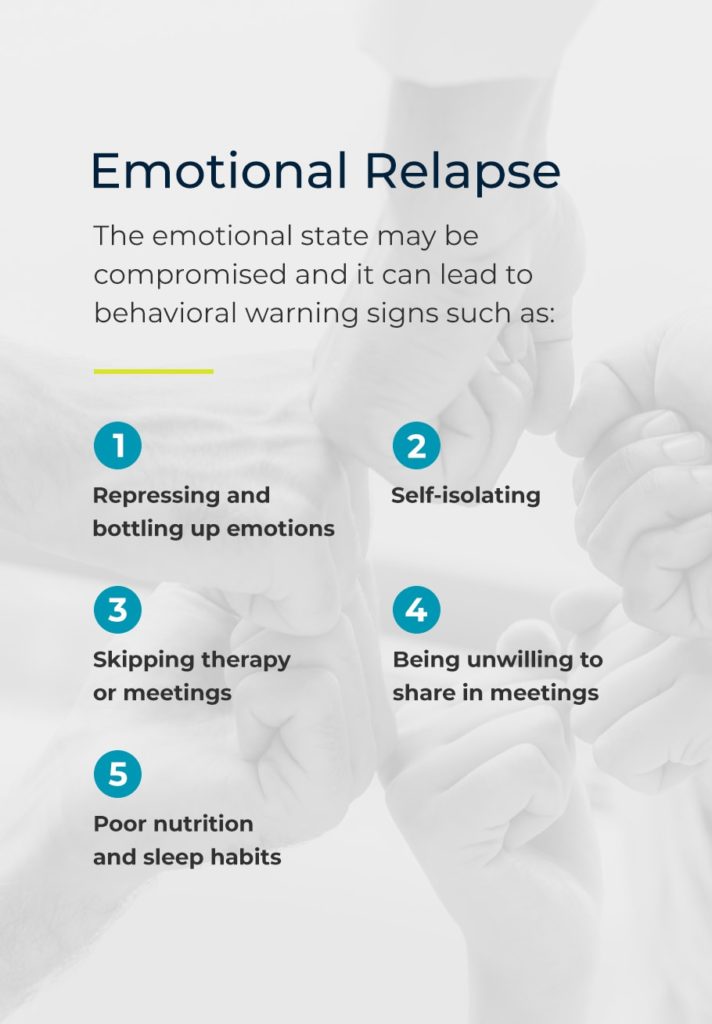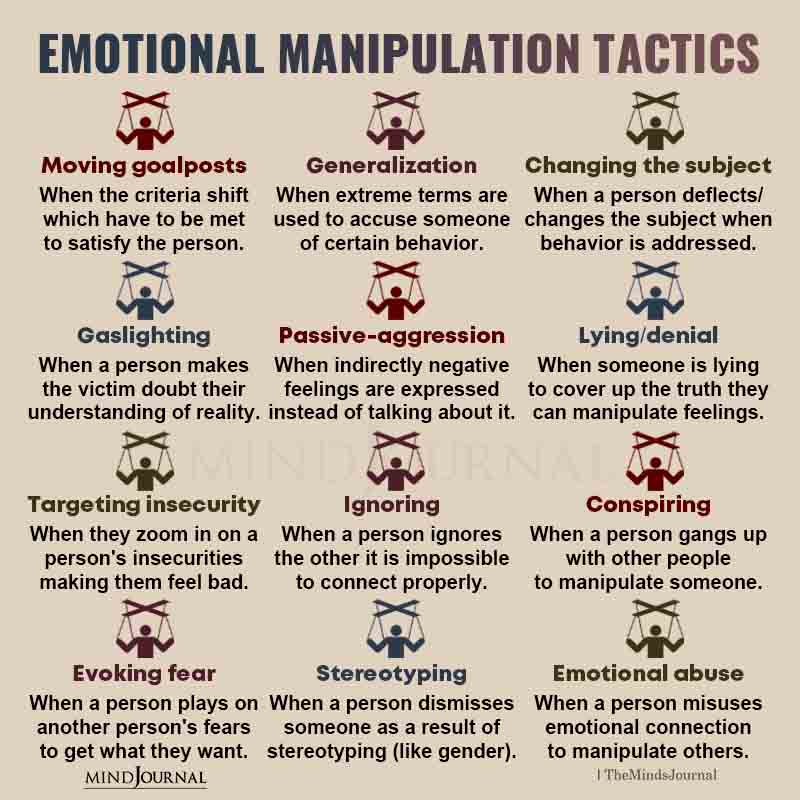
Understanding Emotional Manipulation in Relationships
Definition of Emotional Manipulation
Emotional manipulation refers to the strategy used by individuals to control others through deceptive tactics, often preying on their feelings. It can manifest in various ways, leaving emotional scars on those targeted. For example, think about a friend who constantly shifts their blame onto you for their unhappiness, making you feel responsible for their emotions.
Types of Emotional Manipulation
There are several common tactics of emotional manipulation:
- Gaslighting: Denying someone’s reality or thoughts to create confusion.
- Guilt-tripping: Making someone feel excessively guilty to achieve desired outcomes.
- Silent treatment: Withholding communication as a form of punishment or control.
Recognizing these types can help individuals protect themselves from undue emotional distress in their relationships.

Signs of Emotional Manipulation During a Breakup
Gaslighting and Denial
During a breakup, gaslighting can surface when one partner distorts reality, making the other question their own feelings. For instance, a partner might assert, “You’re overreacting; I never said that,” leaving you doubting your memories. It’s a potent form of manipulation that can lead to intense confusion.
Guilt-Tripping and Blame
Guilt-tripping is another common tactic. Phrases like “If you really cared about me, you wouldn’t leave” can make anyone feel responsible for their partner’s emotions. This can create a cycle of self-doubt and re-evaluation of personal boundaries.
Isolation and Control
Finally, emotional manipulators often attempt isolation. They may encourage you to cut ties with friends or family, claiming it’s for your own good. This tactic can cloud your judgment and leave you feeling dependent. Recognizing these signs is crucial in reclaiming your autonomy during challenging times.

Impact of Emotional Manipulation on Individuals
Psychological Effects
Emotional manipulation can leave deep psychological scars. Victims often experience anxiety, depression, and a diminished sense of self-worth. They might find themselves second-guessing their authenticity or feeling trapped in a cycle of negative self-talk. For example, someone could feel overwhelmed by constant self-doubt after being gaslit repeatedly in a relationship.
Behavioral Changes
These psychological effects spill over into behavior. Individuals may become withdrawn or overly cautious, avoiding situations that remind them of their painful experiences. Others might develop unhealthy coping mechanisms, such as excessive anger or substance use, to escape their emotional turmoil. Recognizing these impacts is vital to initiating the healing process and reclaiming one’s life.

Coping Mechanisms and Recovery Strategies
Setting Boundaries
In the aftermath of emotional manipulation, setting clear boundaries is essential for recovery. For instance, if a friend keeps bringing up sensitive topics that trigger you, politely stating, “I need some time before discussing that,” can protect your mental space. Boundaries help establish what is acceptable and what is not in relationships.
Seeking Support from Loved Ones
Reaching out to trusted friends and family can foster healing. Sharing experiences and feelings often lightens the emotional burden. Their perspectives can offer fresh insights and validation, reminding you that you’re not alone.
Professional Help and Therapy
Finally, don’t hesitate to seek professional help. A therapist can provide valuable tools and coping strategies tailored to your unique situation. They can guide you through processing trauma and rebuilding your self-esteem, helping you emerge stronger from the challenges you’ve faced.

Moving Forward After Recognizing Emotional Manipulation
Self-Care and Healing
After recognizing emotional manipulation, prioritizing self-care becomes essential for healing. This may include engaging in activities that uplift you, like yoga, meditation, or simply spending time in nature. For instance, someone might find solace in journaling their thoughts and emotions, allowing for clearer reflection.
Building Resilience
Building resilience takes practice and patience. Embracing challenges as opportunities for growth can shift your mindset dramatically. Strategies might include setting small goals or practicing positive affirmations daily. Each accomplishment, no matter how small, strengthens your ability to cope with future adversities.
Establishing Healthy Relationships
Lastly, focus on establishing healthy relationships. Look for partnerships rooted in respect and understanding, where open communication thrives. Surrounding yourself with supportive individuals fosters a sense of security, significantly aiding your recovery journey. This newfound awareness will enable you to cultivate relationships free from manipulation and emotional harm.

Conclusion
Recap of Warning Signs
In summary, recognizing the warning signs of emotional manipulation is crucial for your mental well-being. Key indicators include gaslighting, guilt-tripping, and isolation tactics. Reflecting on your past relationships may reveal patterns that were previously overlooked, prompting a much-needed awareness.
Empowerment through Awareness
Empowerment begins with awareness. By understanding and identifying these manipulative behaviors, individuals can protect themselves and regain control over their lives. Embracing your worth and fostering healthy relationships will enrich your emotional journey, ensuring a brighter, more fulfilling future free from toxicity. Remember, you have the power to choose narratives that serve your best interests.
